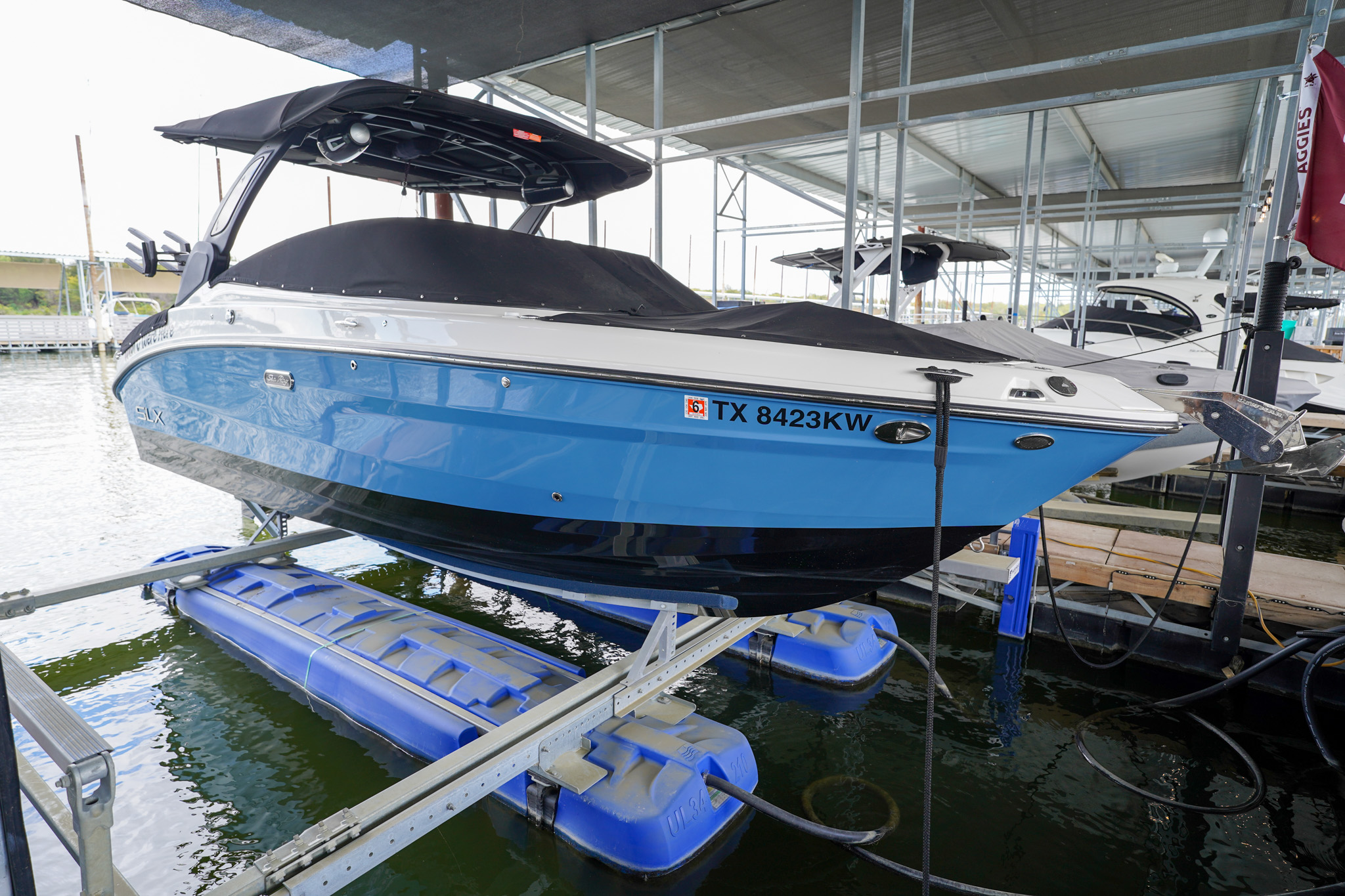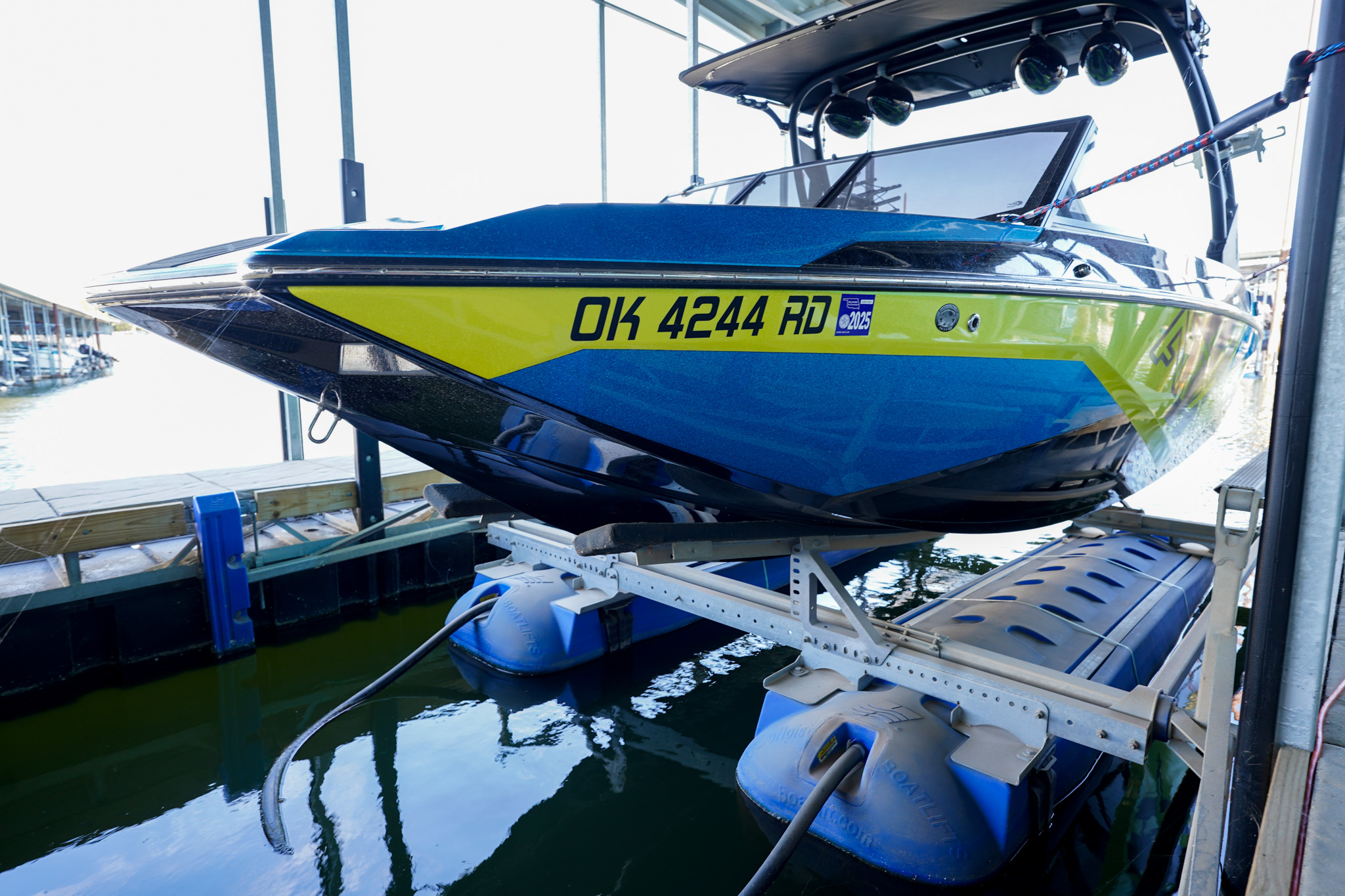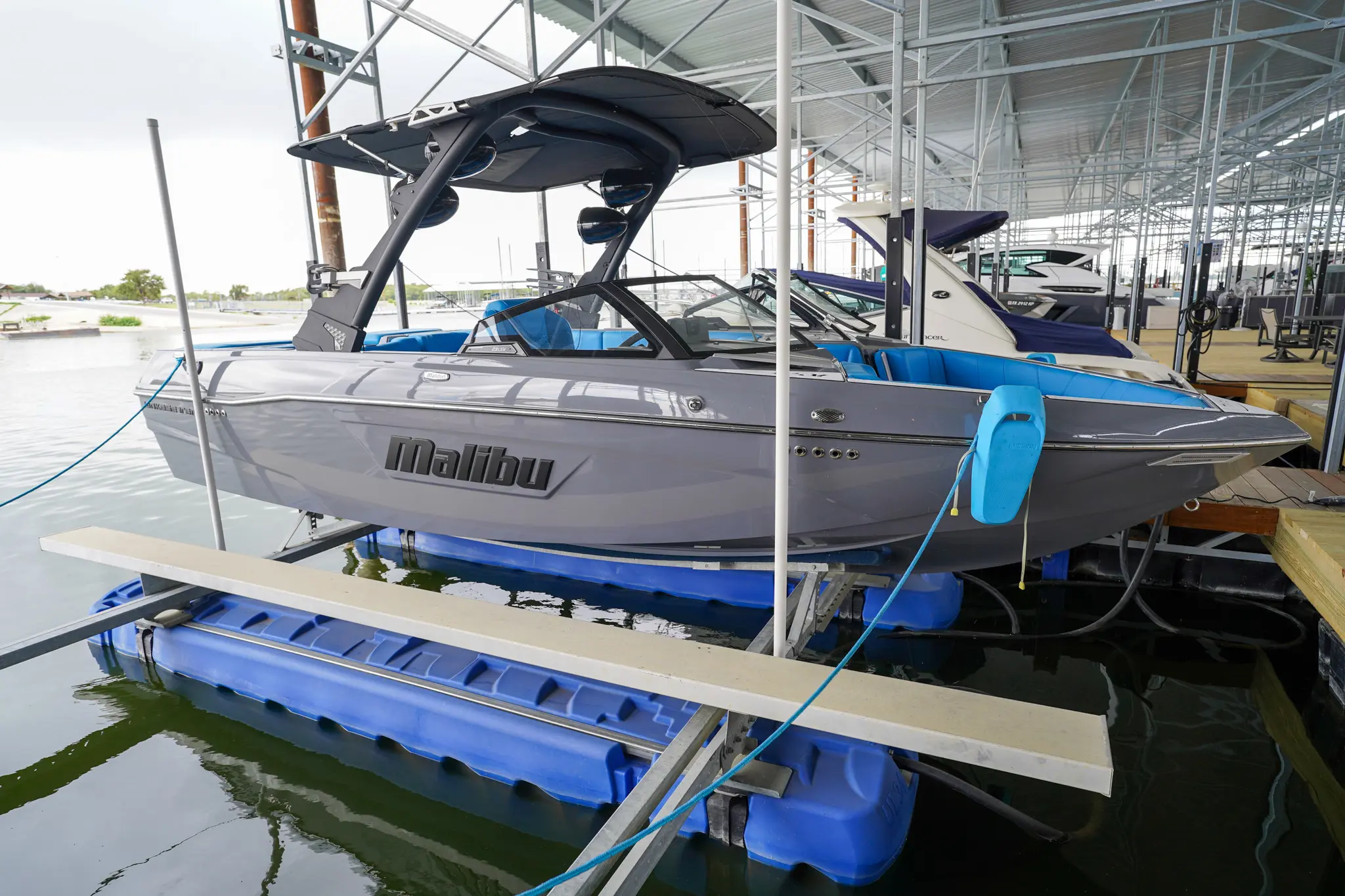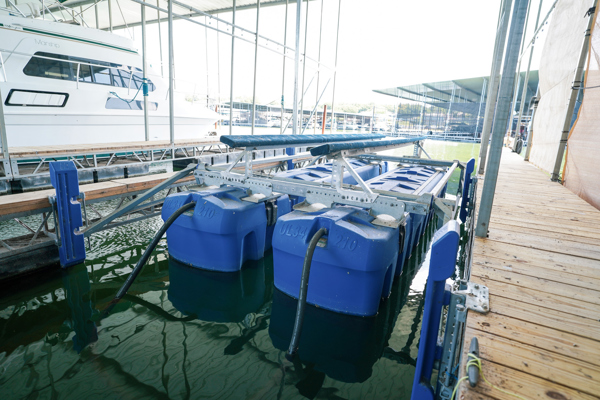Boat Lift Recommendations for Smith Lake, AL
Freshwater-Ready, Low-Maintenance, and Built to Last
Smith Lake’s deep, clear water and steep shorelines make it ideal for floating boat lift systems that offer reliable year-round support. Whether you own a wake boat, pontoon, fishing boat, or jet ski, HydroHoist has a solution that fits.
Top Lift Models for Smith Lake:
UltraLift™ Series – Perfect for variable water depths and common dock types around Smith Lake. Minimal metal-in-water design reduces corrosion.
HarborHoist™ – A versatile, free-floating solution ideal for slips and marinas. Freshwater-friendly and easy to reposition.
HP Extreme™ PWC Ports – Simple drive-on docking for jet skis and personal watercraft.
Shallow Water Lifts – Great for near-shore installs or coves with lower depth.
➡️ Need help choosing? HydroHoist of Alabama is your local expert and can match you with the perfect lift based on your boat, dock, and shoreline.

Find a Boat Lift Dealer in Smith Lake, AL
Your Local Source for Expert Support and Professional Installation
Working with a certified HydroHoist dealer ensures:
Expert guidance on the right lift for your setup
Proper installation and long-term support
Access to official parts, accessories, and upgrades
Industry-best warranties backed by the manufacturer

FAQs
Are HydroHoist lifts safe for freshwater use in Smith Lake?
Yes. HydroHoist lifts are designed for both freshwater and saltwater use. On Smith Lake, their polyethylene tanks and corrosion-resistant components offer long-lasting protection.
How do I protect my boat from wave action and wakes on Smith Lake?
The best solution is storing your boat out of the water with a boat lift. Keeping your hull dry prevents cosmetic and structural damage from waves, wakes, and algae.
Can I install a boat lift for a PWC at Smith Lake?
Absolutely. Our HP Extreme™ ports are ideal for jet skis and personal watercraft. Talk to HydroHoist of Alabama for recommendations based on your specific dock setup.
Are permits required for boat lift installation on Smith Lake?
Smith Lake regulations may vary by county or marina. Your local dealer will help you understand what’s needed, or you can consult with the Alabama Department of Environmental Management (ADEM) for guidelines.



